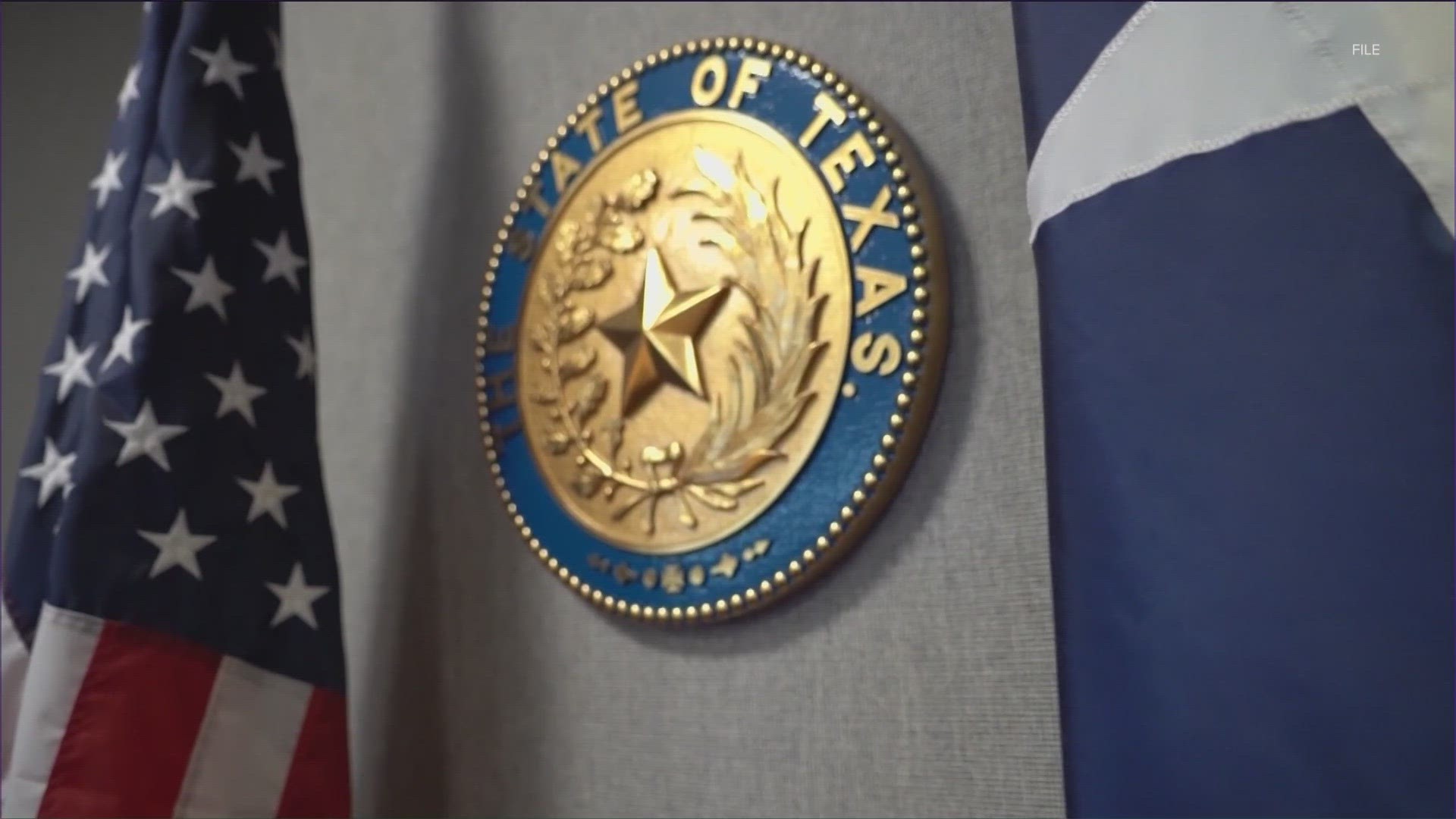AUSTIN, Texas — Texas women who were denied abortions despite pregnancy complications had their days in court this week. Several women and doctors are suing the State of Texas in a challenge against the state's abortion restrictions.
Hearings for the lawsuit, Zurawski vs. State of Texas, began Wednesday morning at the Travis County Courthouse in Downtown Austin. All of the women involved in the lawsuit, as well as a few doctors, traveled to Austin for the hearings.
The plaintiffs in the case claim they were denied abortions despite experiencing complications with their pregnancies. Some claim to have nearly died as a result.
One of the women named in the lawsuit, Amanda Zurawski, is from Austin. Zurawski said 18 weeks into her pregnancy, her water broke. Her doctor told her that her baby would die, but because the fetus still had a heartbeat, an abortion could not be performed.
Zurawski said she was at risk for a life-threatening sepsis infection, which led her to get an emergency abortion after she went into toxic shock.
Another woman in the lawsuit, Ashley Brandt, testified about her traumatic experience having to travel out of state to get a fetal reduction after one of her twins was diagnosed with anencephaly. Brandt said after seeing how the Texas law handles situations like hers, she does not want to have another child in this state.
"I don't feel safe to have children in Texas anymore," Brandt said. "I know that it was very clear that my health didn't really matter and my daughter's health didn't really matter, and that's heartbreaking."
State law currently criminalizes performing an abortion unless the pregnant patient is facing "a life-threatening physical condition aggravated by, caused by or arising from a pregnancy." In Zurawski vs. State of Texas, the plaintiffs are not asking the State to overturn abortion restrictions, but rather to clarify the term "medial exception" to include "any emergent medical conditions that pose a risk to pregnant people's lives or heath (including their fertility)."
After the first day in court, the plaintiffs and attorney for the Center for Reproductive Rights said they were shocked by the way the State was cross-examining the witnesses.
“I was really just horrified at how willing – and over and over again – the cross-examination was, willing to just ask repeatedly about the most horrific thing that's ever happened to me, seemingly with nothing but callousness," Zurawski said. “I survived sepsis, and I don't think today was much less traumatic and that.”
"I thought maybe they wouldn't cross-examine them at all. I mean, what really is there to say?" Molly Duane said. "But apparently there was a lot to say, which was to shift the blame for the laws that they have created to doctors and back onto patients themselves.”
The State is calling to dismiss the case, arguing the law is already clear enough defining a medical exemption. In their opening statements Wednesday morning, the State argued changing the definition would broaden the statute too much.
"The plaintiffs simply do not like Texas' restrictions on abortion. This court well knows, the purpose of this court is not to legislate or to issue advisory opinions in facts the Texas Supreme Court has upheld that courts are prohibited from doing so," Assistant Texas Attorney General Amy Pletscher said.
On the second day in court, plaintiffs brought in a pair of expert witnesses: Dr. Aaron Caughey, a licensed OBGYN in Washington and Oregon, and Dr. Ali Raja, the executive vice chairman for the Department of Emergency Medicine at Massachusetts General Hospital. The State tried to object to both witnesses, saying they are not licensed in the Texas and wouldn't know specifics about the Texas abortion law exceptions. But the judge allowed their testimony.
The State also called upon a key witness: Dr. Ingrid Skop, a licensed OBGYN in Texas. Skop testified that the confusion with the medical exception lies within the physicians not understanding when they are able to intervene and perform an abortion, stating that the clarification the plaintiffs are trying to define would not make a difference.
"Putting a similar term – again, without defining it, this is very undefined, this is very subjective – would not make it any clearer for the doctors who are really trying to do the best they can for patients. But it would allow physicians who, for perhaps non-medical reasons, wanted to do abortions to justify their actions. So this can be prone to misuse, and it does not make the law any clearer," Skop said.
Skop's testimony upset a number of the plaintiffs, leading one of them, Taylor Edwards, to leave the courtroom in tears.
“The State's argument today was using language that was incredibly hurtful to me, personally, as someone who has undergone a D&E [dilation and evacuation] abortion for a very wanted pregnancy, for a fetal abnormality," Edwards said. "The language used is meant to shame and scare women into what is just essential health care.”
The case is now in the hands of the judge to make a decision. The judge stated that it will likely take "several weeks" before a decision is reached.

